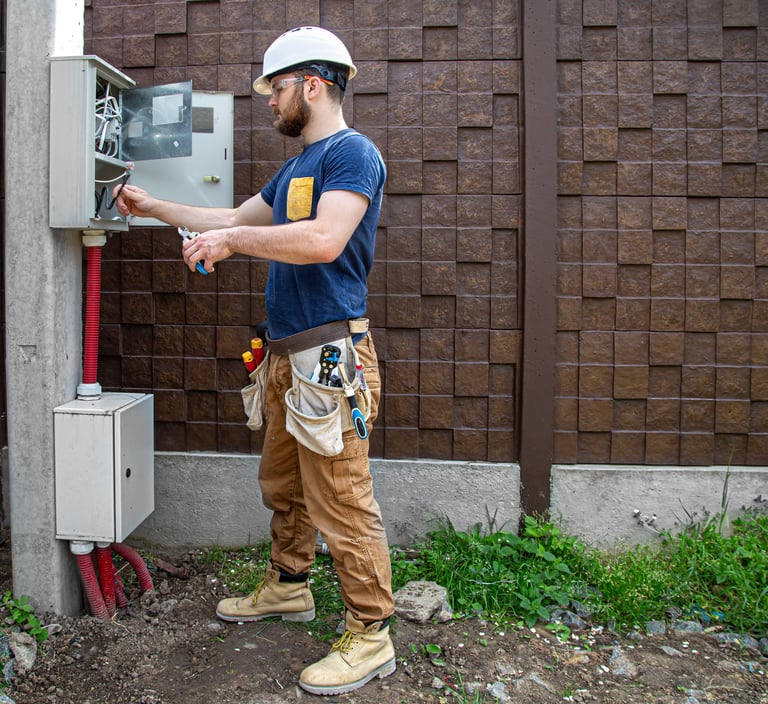Disconnection fees harm the most vulnerable.
“These fees kick people when they’re down. Why do we allow that?” - Financial Mentor
Disconnection/reconnection fees vary considerably. A few companies do not charge these fees at all. For most companies, the total cost for disconnection plus reconnection will range from $30 to $134 (if it can be done remotely with a smart-meter), or $30 to $276 if a technician needs to visit the house. Given that fees are meant to reflect actual costs (Consumer Care Guidelines, para 109) it is unclear why there is such variation between companies.
Transparency about what these fees cover is poor. We asked 34 companies to break down these fees for us. Of the companies that charge disconnection and reconnection fees, only one broke down their fees into dollar amounts for components that the customer was paying for.
Charging fees at the point of disconnection is unfair. A social worker told us: “It seems unethical to charge someone to restart electricity if they’ve already proven they can’t pay. It’s like punishing them.” Another said, “Those fees do nothing but pile on more hardship.”
These fees are unnecessary, given that several companies choose to absorb these costs. Most companies waive fees for disconnections/reconnections in other circumstances, such as new customers joining and existing customers moving house.
Many companies also waive these fees when an advocate is standing up for a customer in hardship. While commendable, advocates should not be required. One financial mentor told us: “I had to go through seven or eight people to get the right person to have that conversation with [about waiving a disconnection fee]. That took an hour of my time.”
Sometimes non-profit organisations pay the fees themselves. A social worker told us, "In early 2022 we were supporting a young couple …. who had to pay a reconnection fee. It would have train-wrecked them really. In the end we paid for the bloody thing ‘cos they could never have afforded it.”
The Electricity Authority should ban fees for disconnections/reconnections in cases of unpaid bills. That would protect people in acute financial stress, take pressure off the non-profit sector, and reduce debt to Work and Income.


Image credits:
alliecat1881 on Flickr
Smee72 on Flickr
All other images sourced from iStock